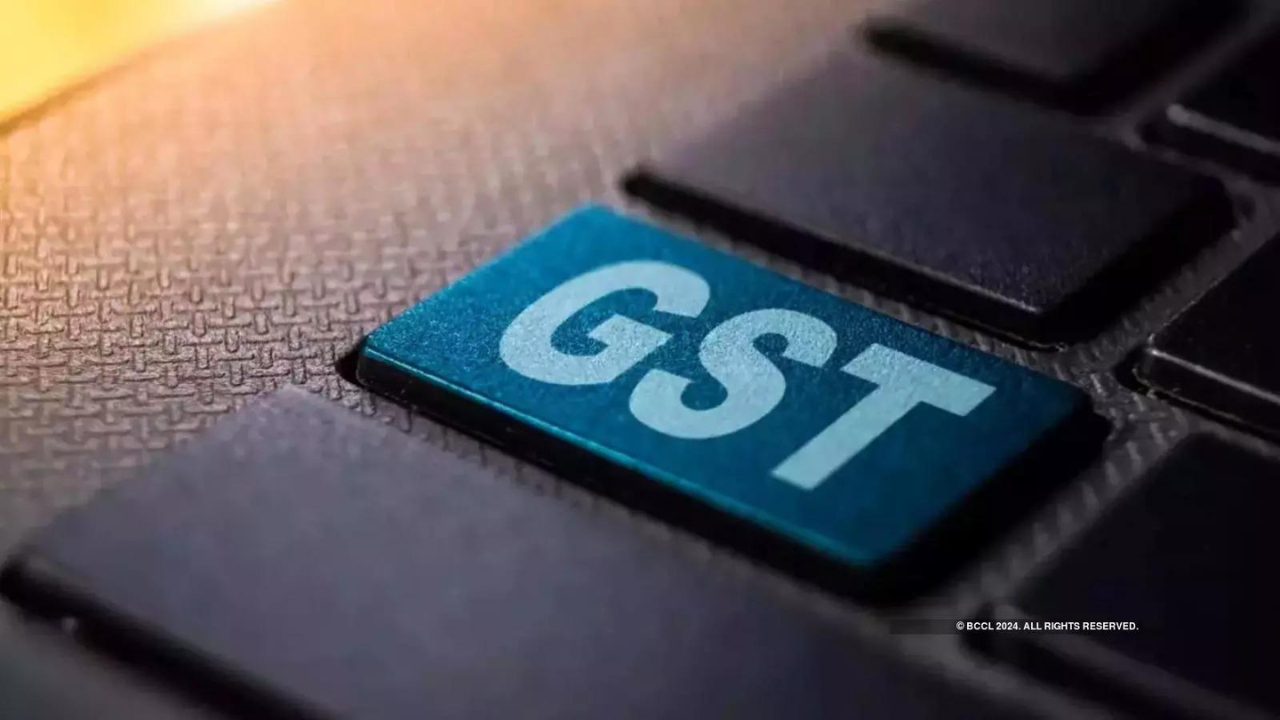The Impact of GST Rate Reduction on Key Consumer Items
Over the past few years, the Goods and Services Tax (GST) has played a significant role in the tax reform of India. One of the key highlights of this reform has been the reduction in GST rates on various consumer items. This move has not only simplified the tax structure but has also benefited the people of the country in many ways.
A recent finance ministry study revealed that consumers have saved at least four percent of their household monthly expenses in aggregate after the implementation of GST. This means that consumers now spend less on daily consumables like cereals, edible oils, sugar, sweets, and snacks.
Key Items with Reduced GST Rates
Several essential items have seen a substantial reduction in GST rates, making them more affordable for the general population. Some of these items include:
- Hair oil, toothpaste, soap
- Detergents and washing powder
- Wheat and rice
- Curd, lassi, buttermilk
- Wrist watches
- TVs up to 32 inches
- Refrigerators
- Washing machines
- Mobile phones
Evolution of GST in India
Introduced seven years ago on July 1, 2017, GST has brought about significant changes in the tax landscape of the country. This tax reform aimed to eliminate inefficiencies and complexities of the previous taxation system. Over the years, GST has simplified compliance, reduced tax burdens, and supported household budgeting.
Before the implementation of GST, the tax regime in India was highly fragmented, with multiple taxes imposed by the central and state governments, creating a burden on consumers. The introduction of GST streamlined the tax structure and eliminated the cascading effect of taxes.
One of the key features of GST is the ability for businesses to claim credits for taxes paid on inputs, preventing double taxation. This system has not only simplified processes but has also removed bottlenecks in the transportation of goods across state borders.
Overall, GST has been instrumental in creating a more uniform and business-friendly tax environment in India, benefiting both consumers and businesses alike.









